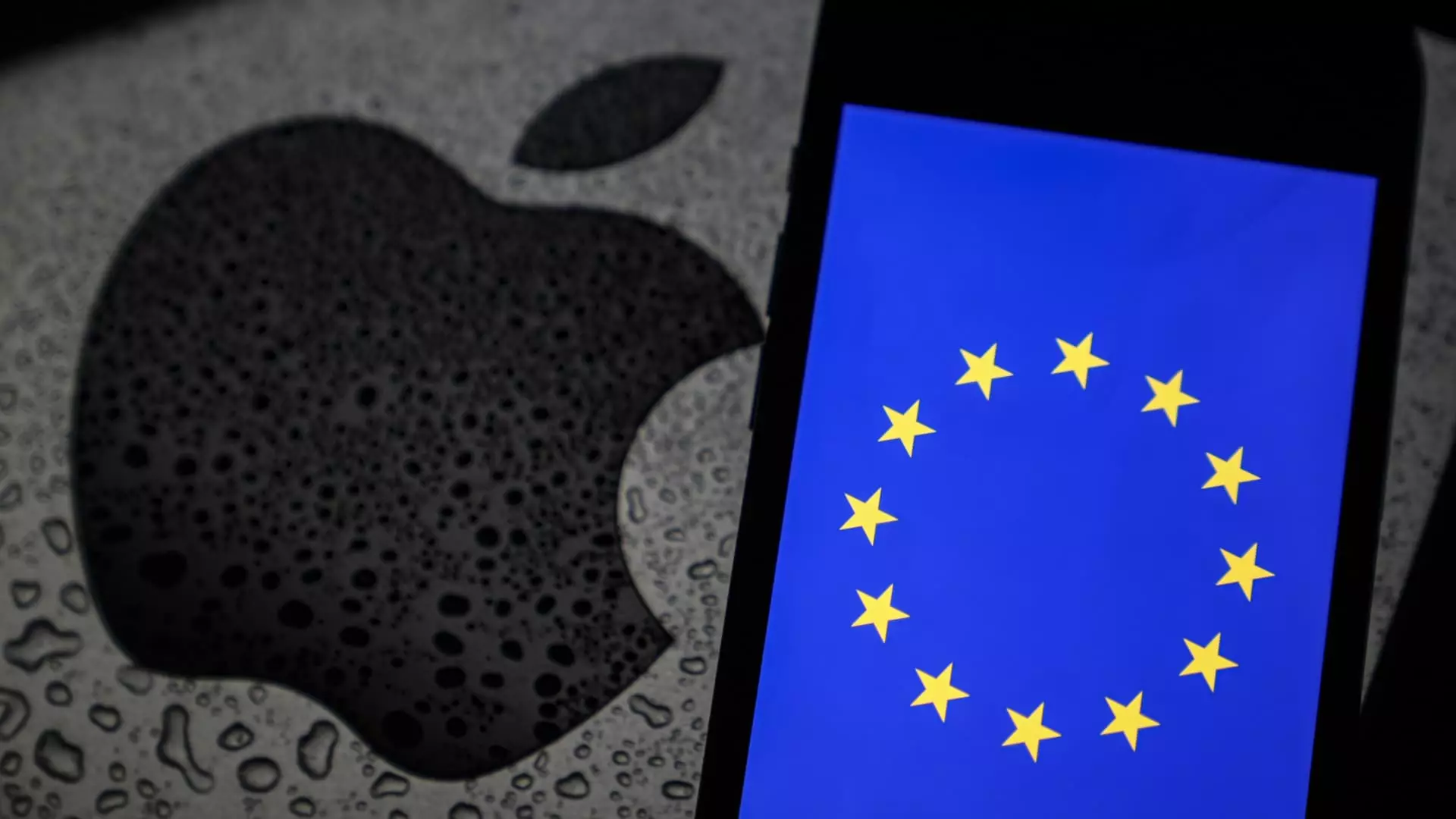After a four-year investigation, the European Union antitrust regulators have accepted commitments from Apple regarding its tap and go payments technology. This decision comes after concerns were raised about potential restrictions on competition in the mobile wallet market on iPhones.
The EU Commissioner, Margrethe Vestager, mentioned during a press conference that the commitments offered by Apple would address the initial worries regarding restricted competition. The investigation specifically looked into the terms and conditions set by Apple for integrating Apple Pay in apps and websites, including access to tap and go technology, and alleged refusals of entry to Apple Pay.
Apple proposed several commitments to mitigate the concerns raised by the European Commission. These included allowing third-party developers access to NFC technology without any charges, providing key iPhone features to competing payment wallets, and enabling users to set any wallet as the default option on their devices.
Earlier this year, the European Commission market tested Apple’s commitments and collected feedback from stakeholders. The commission concluded that the final commitments made by Apple adequately addressed the concerns surrounding the restrictions on third-party access to tap and go payments technology.
The changes agreed upon are now legally binding on Apple, and it has until July 25 to implement these commitments. These alterations are set to remain in effect for the next ten years. Vestager highlighted that the commitments would benefit both competitors and consumers by opening up innovation and choice while ensuring secure payment options.
With these commitments in place, all developers will have the opportunity to offer mobile wallets for iPhones using tap and go technology. This move is expected to promote healthy competition and innovation in the market while giving consumers more options when it comes to payment methods.
The acceptance of Apple’s commitments by EU antitrust regulators signifies a significant step towards fostering a more competitive and consumer-friendly environment in the mobile payments industry. The changes brought about by these commitments are poised to have a lasting impact on how Apple operates in Europe, ultimately benefiting both competitors and consumers alike.


Leave a Reply